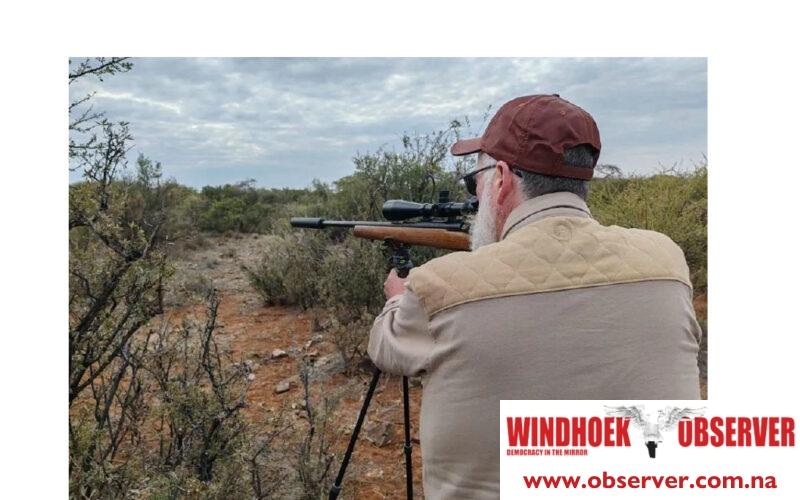Niël Terblanché
The Ministry of Environment, Forestry and Tourism has officially opened the 2025 hunting season for registered conservancies and commercial farms, confirming that the season will proceed under clearly defined periods and regulatory conditions.
This follows Cabinet approval in line with Section 25 of the Nature Conservation Ordinance of 1975.
According to the announcement made by the environment minister, Indileni Daniel, last week, hunting will only be permitted on registered conservancies and commercial farms that meet specific size and fencing requirements.
“From 1 May to 31 August 2025, hunting may be conducted on all registered conservancies and commercial farms no smaller than 1 000 hectares, provided they are enclosed with a game-proof fence,” the minister said in her statement.
She added that a separate window, from 1 June to 31 July 2025, is available for similarly sized farms with fencing compliant with the Ordinance’s broader definitions.
The hunting season applies to huntable game species listed in Annexure A of the Ministry’s submission and Schedule 5 of the Ordinance, with all activities to be carried out strictly under permit provisions issued under Section 30. Game bird hunting is also allowed, subject to quotas and written authority under Section 32, and may only take place on properties specifically allocated a bird hunting quota.
Daniel reiterated the importance of complying with all permit and quota conditions.
“Species and daily limits for game birds will be strictly regulated,” she said.
She urged all prospective hunters to contact the ministry for permit applications and further details on applicable laws.
At the same time, the Directorate of Veterinary Services of the Ministry of Agriculture, Fisheries, Water and Land Reform, reissued guidelines on the export of meat products for personal use from Namibia to South Africa and Botswana, particularly in light of the opening of the hunting season next week.
The directorate clarified that only meat originating from Namibia’s Foot and Mouth Disease (FMD) Free Zone, recognised by the World Organisation for Animal Health (WOAH), may be exported under relaxed conditions.
Namibian residents aged 18 and above may export up to 25 kilograms of raw meat. This excludes pork and meat from wild pigs.
People may also export up to 10 kilograms of biltong without requiring a South African Veterinary Import Permit or a Namibian Veterinary Health Certificate.
The directorate, however, cautioned that raw pork, meat from wild pigs, and raw meat and biltong from equid origin may not be exported for personal use under any circumstances.
In the notice, the directorate directed that exports exceeding these quantities are subject to stricter controls.
For example, shipments between 25 and 250 kilograms of raw meat or between 10 and 100 kilograms of biltong require both countries’ veterinary documentation.
“Larger consignments fall under commercial export rules and must comply with all associated regulatory procedures,” the notice stated.
Up to 25 kilograms of processed meat products such as cooked meat, canned items, polonies, and brawn may be exported without permits, provided these products come from the FMD Free Zone.
Beyond this limit, a Veterinary Import Permit and a Namibian Veterinary Health Certificate are required.
The directorate warned that all certifications must be completed by a district State Veterinarian and that no certification is allowed at the various border crossings.




